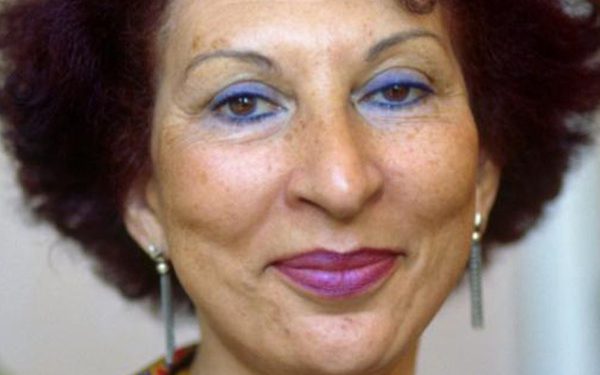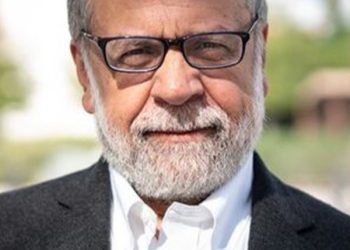“Fatima Mernissi is a Moroccan sociologist and writer. Born into a middle-class family in Fez, Mernissi studied at Mohammed V University in Rabat before moving to Paris, where she worked as a journalist in a short period. He continued his graduate studies in the United States and earned a PhD in sociology from Brandeis University in 1973. She returned to Morocco and joined the sociology department at the University of Mohammed V. One of the best-known Arab-Muslim feminists, Mernissi’s influence extends beyond a narrow intellectual circle. She is a public figure in her own country and abroad, especially in France, where she is well known in feminist circles.
Her major books have been translated into many languages, including English, German, Dutch and Japanese. She has written regularly on women’s issues in the popular press and has participated in public debates in support of the cause of Muslim women internationally. She has been instrumental in the publication of several books on the legal status of women in Morocco, Algeria and Tunisia. Mernissi’s research interests include sexual ideology, gender identity, sociopolitical organization, and the status of women in Islam, but her focus is on Moroccan society and culture. As a feminist, her work aims to combat and raise awareness about the silencing and oppression of Muslim women. Mernissi is not only an academic, but also has political discourses. She claims to do this in two ways: first, by challenging the dominant Muslim male discourse about women and their sexuality, and second, by giving the “”voiceless”” woman a “”voice”” to tell her own story.
Her book Doing Daily Battle (1989) is a collection of annotated interviews with Moroccan women who clearly present the painful reality of their lives as they struggle against poverty, ignorance, and sexual repression (Mernissi, Fatima, n.d.). Her first book, Beyond the Veil: Male-Female Dynamics in Modern Muslim Society (1975), Mernissi states that she sought to liberate the ideological discourse on women and sexuality from the yoke of patriarchy. She critically analyzes the classical corpus of religious jurisprudential texts, including hadiths, and reinterprets them from a feminist perspective. For her, the Muslim ideal of the “silent, passive, submissive woman” has nothing to do with the authentic message of Islam. According to her, it is the ulema, the male jurists-theologians-who manipulate and distort religious texts to preserve the patriarchal system.
Mernissi’s work explores the impact of the historically constructed ideological system on the construction of gender and the organization of domestic and political life in contemporary Muslim society (Fox, 2015). In her book Veil and the Male Elite, she critically examines the historical context of Islamic jurisprudence and tradition. Turning her attention to the Arab world today, Mernissi places the “women’s question” in a more inclusive framework that links it to questions of political legitimacy, social stagnation, and the absence of democracy. Her book, Islam and Democracy: Islam and Democracy: Fear of the Modern World (1992), is widely recognized as a call for Muslims to reclaim their traditions and shed their fear of the West. Islam, Gender and Social Change: Islam’s Forgotten Queens are among the author’s other works. The author passed away in 2015.
References
Fox, M. (2015). Fatema Mernissi, a Founder of Islamic Feminism, Dies at 75. The New York Times. Mernissi, Fatima. (n.d.). Oxford Islamic Studies Online. http://www.oxfordislamicstudies.com/Public/fatima_mernissi.html













































